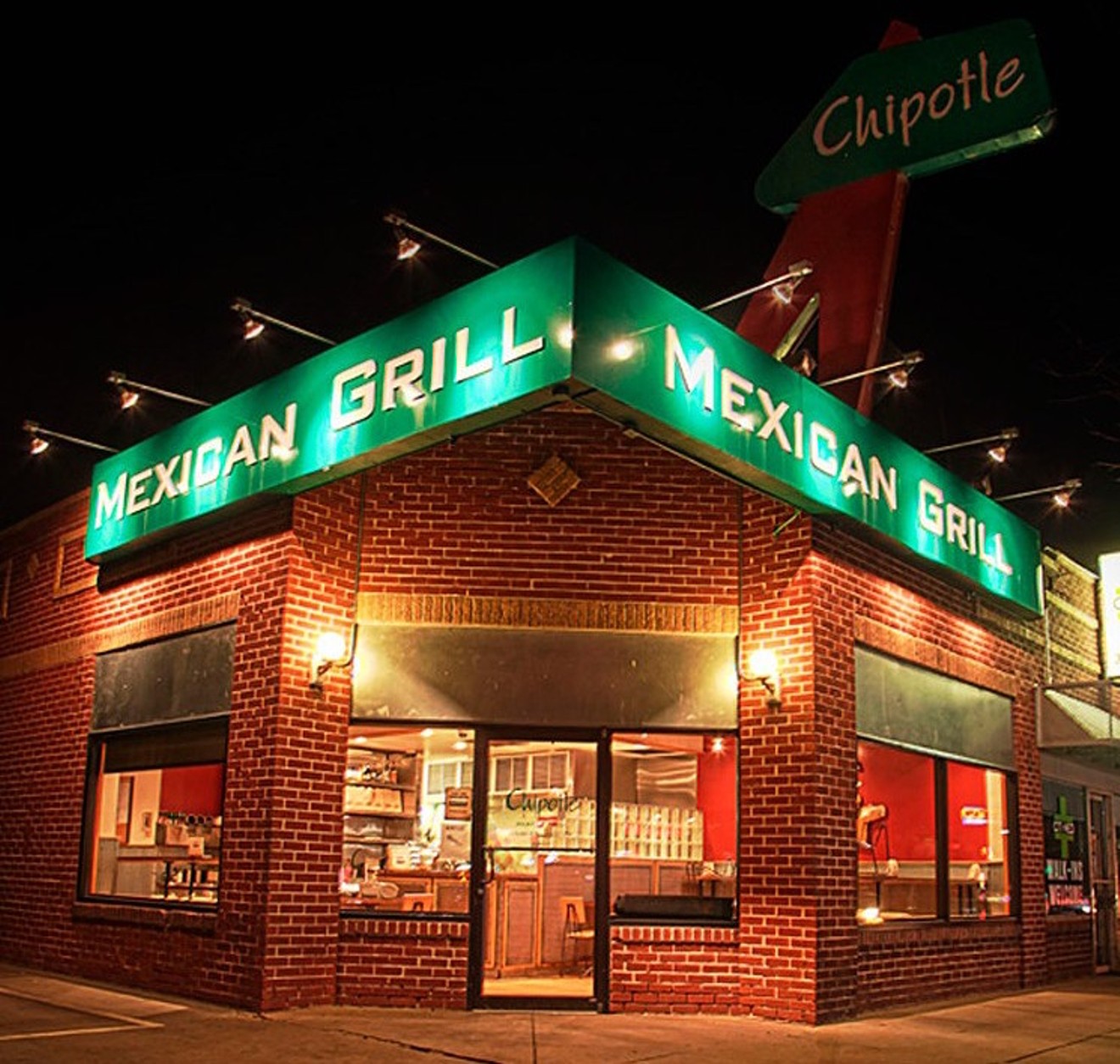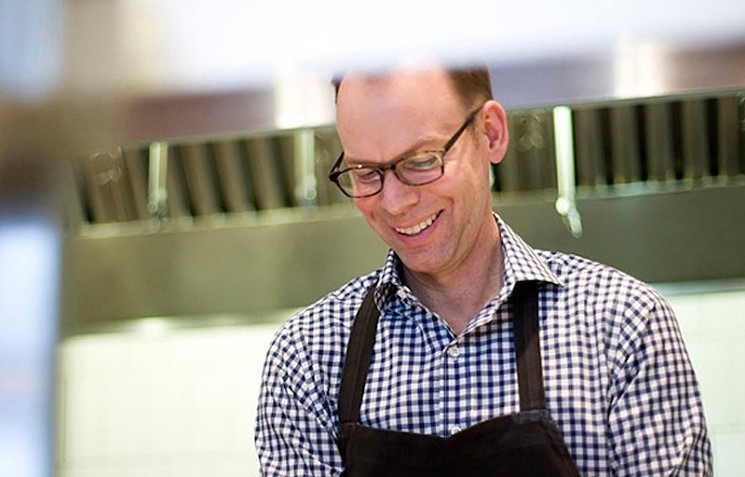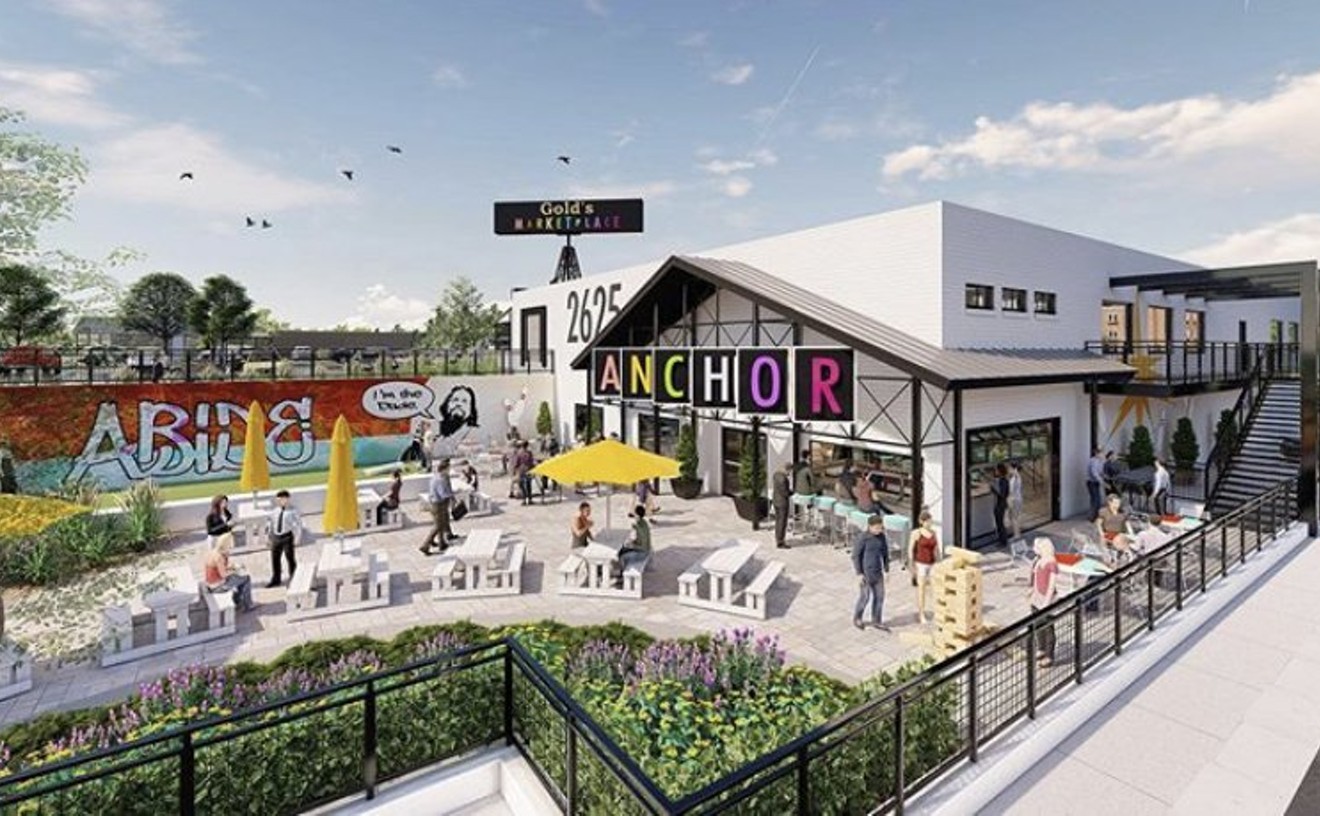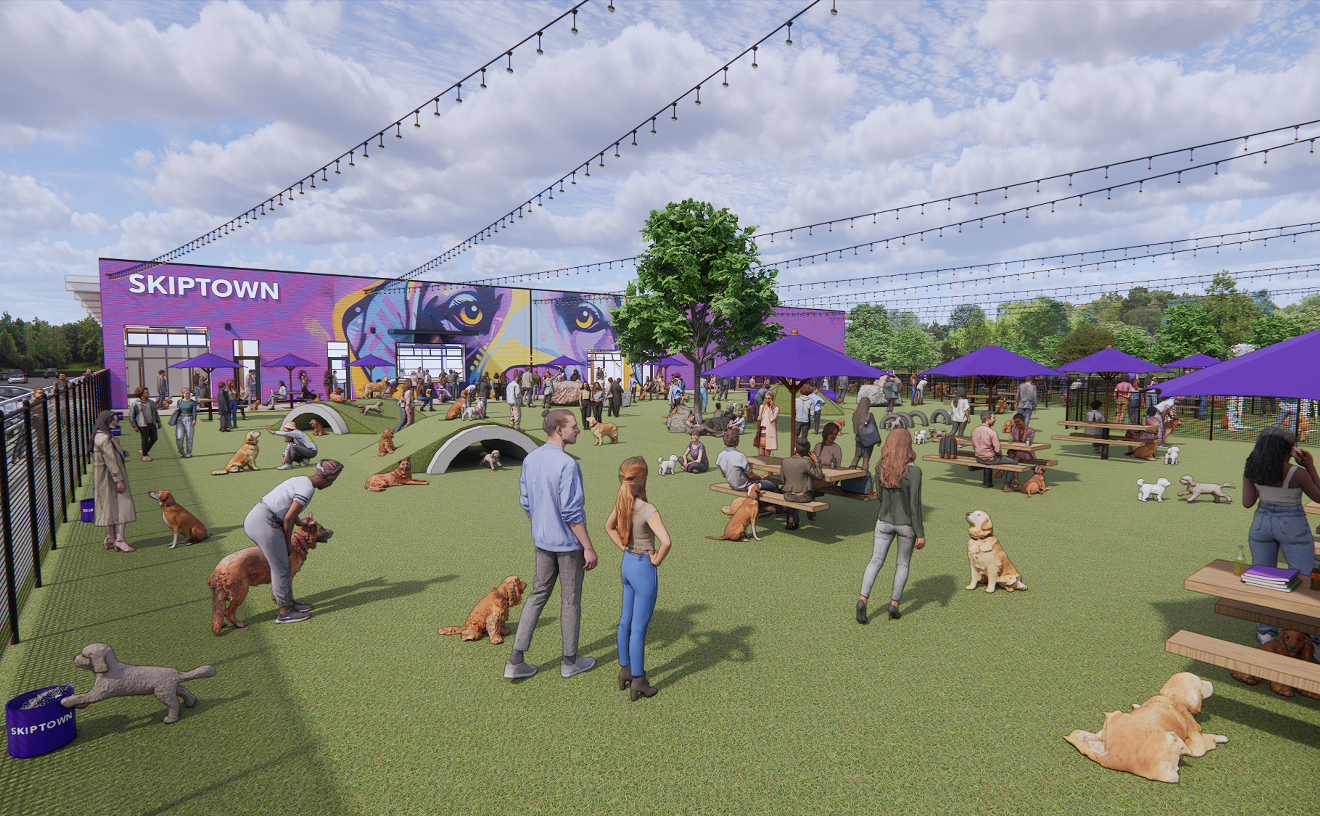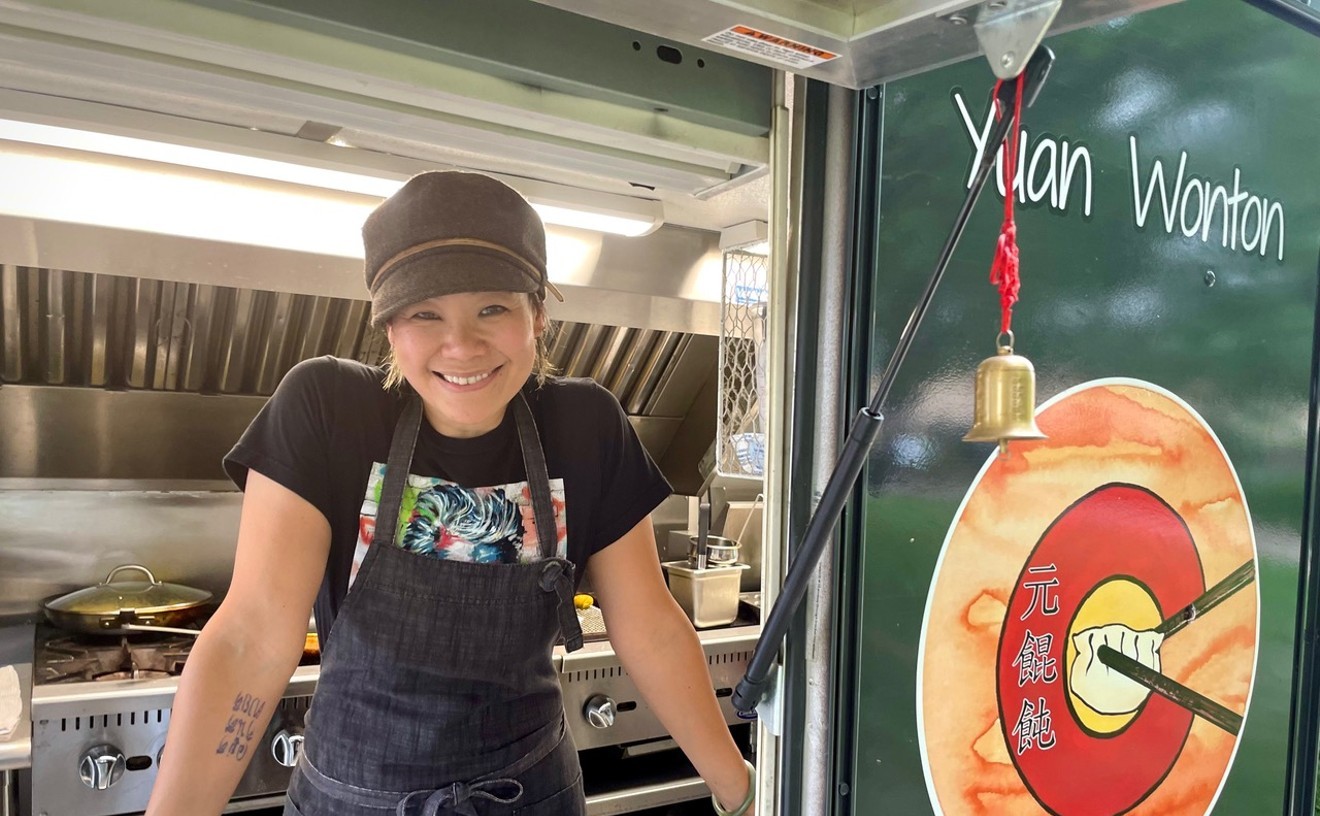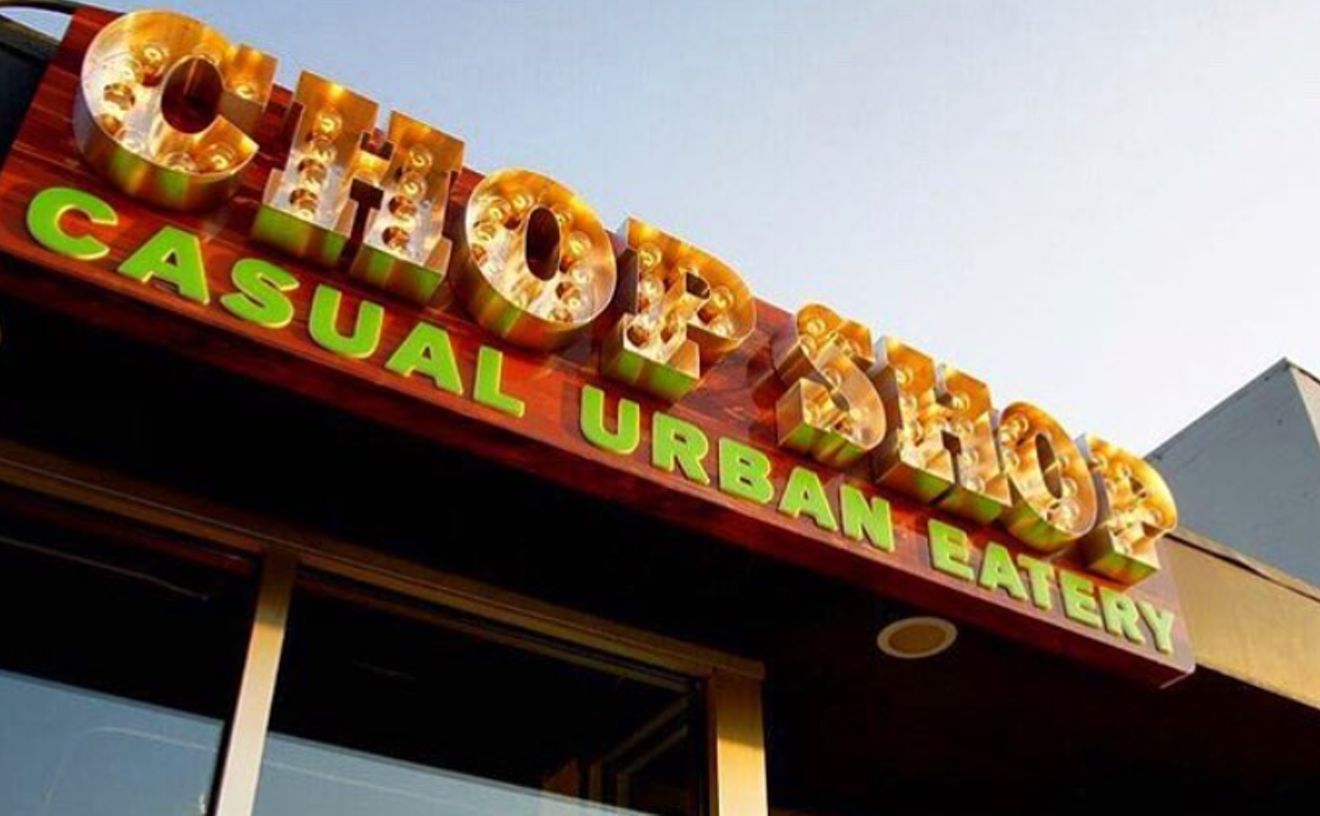Twenty-five years ago this month, Steve Ells opened the first Chipotle at 1644 East Evans Avenue, bringing massive, Mission-style burritos made with fresh ingredients to the masses. In the process, he sparked a revolution within the food industry. Chipotle has rightly been credited with launching the multibillion-dollar fast-casual industry, and making Denver the fast-casual capital of the country.
Chipotle did something else for Denver: It gave this city a point of pride. Before Chipotle spread from coast to coast (and beyond), I would run into Denverites around the country who evangelized aggressively on behalf of the company — not just because they liked the burritos, but because they liked what the company's hip irreverence said about their home town. We needed Chipotle's cultural stock to rise, because it meant our cultural stock was rising, too.
Which is why all the news out of Chipotle over the past few years, culminating with the homegrown company moving its corporate headquarters out of the Mile High City to Newport Beach, stings so badly.
It might be hard to remember now, especially if you weren’t hanging out in Denver much in the ’90s, but back when it was a scrappy startup, funded by a loan from Ells’s dad and run by a bunch of fun-seeking restaurant people, Chipotle was cool. The decor scheme looked like it’d been dreamed up by an edgy friend who lived in an illegal industrial loft. The restaurant served portion sizes that encouraged eating contests — and salsa that allowed fire-breathers to prove their hard-core spice thresholds to friends. The soundtrack was built on tunes by indie rockers, handpicked for years by an early employee who was really into music. And the advertising was jaw-dropping: Somewhere in my closet, I still have an official Chipotle T-shirt from those early days that bears the tagline “Usually when you roll something this good, it’s illegal,” a prescient wink to the core Denver constituency.
For the next two decades, everything Chipotle did seemed to make it cooler, especially after it shook free of that ill-advised McDonald’s investment. It was bent on improving its food quality by going after sustainably sourced ingredients and touting its focus on real food. It beefed up its training programs to give its restaurant staff the opportunity to earn six-figure salaries. It brought together community-minded farmers, chefs and musicians for a big festival called Cultivate. And it was so successful in financial markets, pundits dubbed it a blue-chip.
But then came the reckoning. Food-safety scandals and a clumsy response to them started the executive team down a slippery slope of PR backpedaling right down a financial slide. Shophouse, the company’s attempt to take its sustainability principles to a different cuisine, shuttered. And once Chipotle finally introduced it, people hated the queso. People really hated the queso.
The culmination of all this chaos came when Ells was ousted from his CEO role, replaced by former Taco Bell exec Brian Niccol. (Ells is the executive chairman of the board, while his former co-CEO, Monty Moran, was just named chairman of the board at Trelora, a technology-enabled residential real estate company.)
At Taco Bell, Niccol successfully followed a playbook that focused primarily on cooler marketing that played well to its young audience, mobile ordering and pay, and new menu items, including breakfast.
So we shouldn't be shocked that Niccol is now talking about breakfast and Chipotle drive-thrus (the first of which went live in May), new menu items that play to a young audience, and mobile ordering plus delivery.
But applying the same strategy at Chipotle just because it worked at Taco Bell misses what makes the two different.
Under Niccol, Taco Bell embraced its place with late-night eaters who are either stoned or have the drunk munchies, and that made it cool. Chipotle was a different kind of cool: It was a guns-blazing, countercultural force bent on standing its ground and sticking up for itself.
By the time I started working at Chipotle, in the mid-2000s, the orientation included a proud, evangelizing explanation of why Chipotle never added items to the menu: It didn’t need to. People were addicted to what was there. The company would rather spend its time refining its sourcing than dreaming up gimmicks and a value menu. Also on the list of no-gos: coupons (save for burrito bucks, which entitled holders to a free meal), television advertising and queso. (Yes! Queso!)
The company started to chip away at that list of rules long before Ells stepped away. But under Niccol, that list has crumbled. At the end of June, Chipotle announced five new menu items: quesadillas (which have long been secretly available, by the way), nachos, Mexican chocolate milkshakes, avocado tostadas, and a salad with avocado-citrus dressing. At the test kitchen, the company has experimented with frozen margaritas, quinoa and mole.
Are all these moves going to turn the company around? Financial analysts are optimistic; the stock is already up.
But they don’t feel like a return to the Chipotle that Denver proudly embraced. Instead, they suggest a slip-slide right back into the fast-food mediocrity that Chipotle was striving to upend.
Which means that there's at least one good thing about the headquarters leaving Denver: We no longer have to feel responsible for Chipotle's cultural demise.
[
{
"name": "Air - MediumRectangle - Inline Content - Mobile Display Size",
"component": "12017618",
"insertPoint": "2",
"requiredCountToDisplay": "2"
},{
"name": "Editor Picks",
"component": "17242653",
"insertPoint": "4",
"requiredCountToDisplay": "1"
},{
"name": "Inline Links",
"component": "18838239",
"insertPoint": "8th",
"startingPoint": 8,
"requiredCountToDisplay": "7",
"maxInsertions": 25
},{
"name": "Air - MediumRectangle - Combo - Inline Content",
"component": "17261320",
"insertPoint": "8th",
"startingPoint": 8,
"requiredCountToDisplay": "7",
"maxInsertions": 25
},{
"name": "Inline Links",
"component": "18838239",
"insertPoint": "8th",
"startingPoint": 12,
"requiredCountToDisplay": "11",
"maxInsertions": 25
},{
"name": "Air - Leaderboard Tower - Combo - Inline Content",
"component": "17261321",
"insertPoint": "8th",
"startingPoint": 12,
"requiredCountToDisplay": "11",
"maxInsertions": 25
}
]

